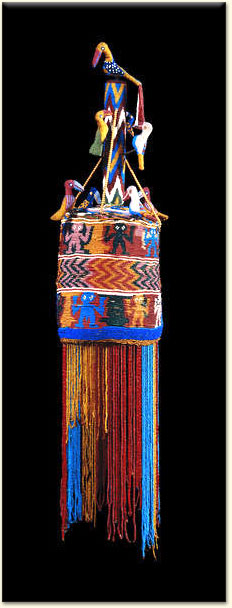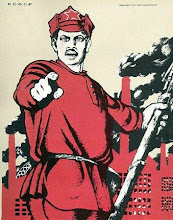Saturday, June 10, 2006
A Note on Narrative
I constantly use the expression "narrative" and most recently in The Grasses of the Field.
I need to make it clear what I mean by it, since "narrative" is a term used frequently in recent philosophy and, as a result, is often used in writing and discourse.
Narrative is the conscious expression of the process of the cognitive systems which encode and organize experiences as Immediate Memory, then to Short Term Memory, then Long Term Memory.
That is essentially what I mean.
Why do I take a good word like "narrative" - meaning "story" ( if it's used in a film, it means we have Morgan Freeman doing the voice-over) - and change it?
I mean to indicate that all narratives and all stories - all ordered expressions of consciousness - are based on the above procedure called "Narrative".
When you look at and read a story, it must seem rather straighforward and commonsense that events come one after the other in a more or less linear way. You may think that necessarily there is one way to tell a story and this is it: start at the beginning and go through the middle and end at the end.
But what I am saying is that if the proverbial Martian were available to comment on this, he or she may indicate that the Martian notion of story is indeed different.
If our basic notion of "story" were to be universally true, this would show us that all living beings seem to share similar encoding processes.
In summary, the story and the narrative which we read or which we daydream on or which we view at the Cinema Paradiso is a form of human expression based on the encoding of memories of the human cognitive systems.
A "story" need not be a form universal to all sentient beings, only to those sharing similar cognitive systems.
This is what we mean when we say things like, "There are only 4, or 5 basic plots in literature.", Romeo and Juliet being an example of "boy meets girl".
Although R&J would be in essence "boy meets girl", we see that its detail makes it considerably different from the story of Daphne Manners and Hari Kumar in The Jewel in the Crown.
We might say that "boy meets girl" is the template within which we place an infinitude of detail.
So also is the Narrative the template established by the cognition of human beings.
Within these Narratives, we place the infinite detail of personal histories. Notice that this implies that the Narrative ( capital N from now on ) is indeed based upon an experience.
In the post "The Grasses of the Field: 1", the use of Narrative indicates that the story of one's relationship with God is actually based upon an experience with God, albeit very early in one's life and almost impossible to recall in everyday consciousness.
Subscribe to:
Post Comments (Atom)

















No comments:
Post a Comment